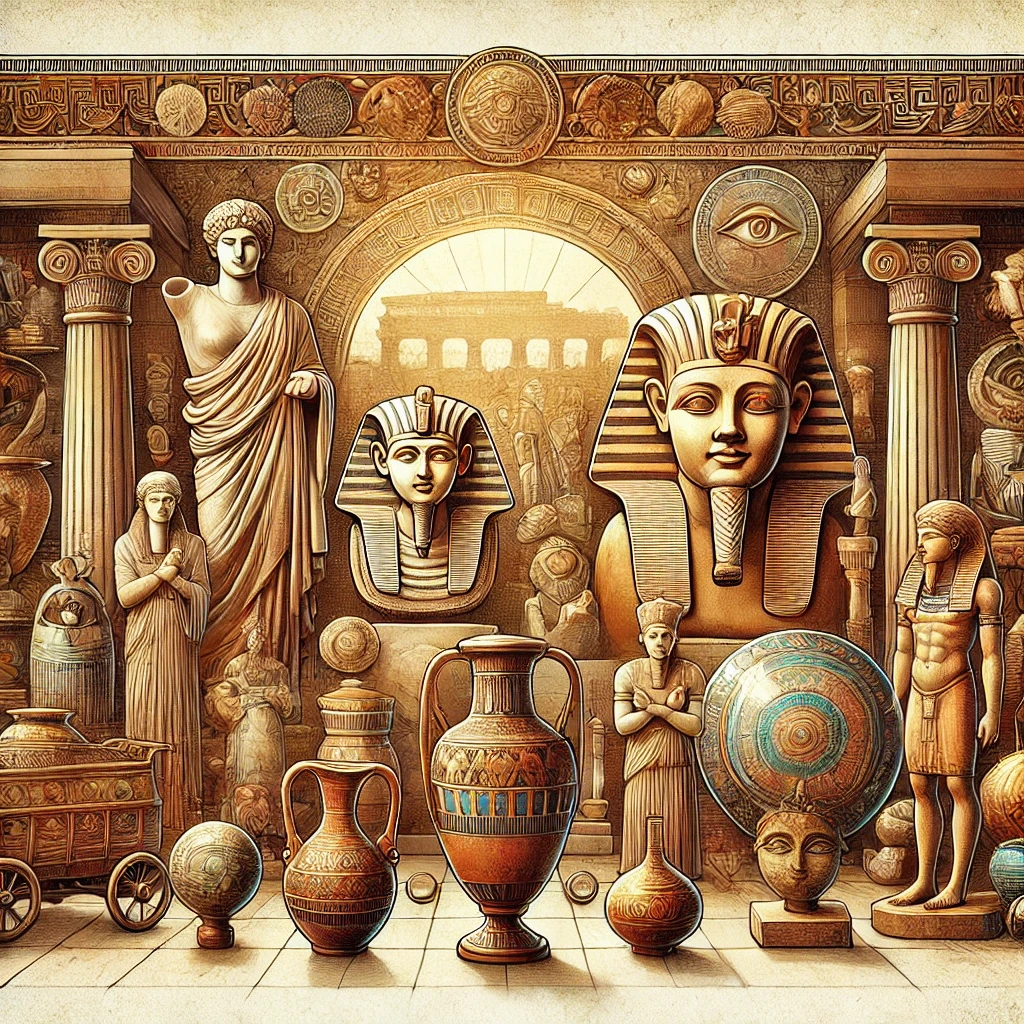Introduction
“Utanmaz Türklere,” which translates to “Shameless Turks,” is a term that has sparked much debate and interest in Turkey and beyond. It reflects a unique cultural phenomenon, one that embodies boldness, defiance, and resilience. Over time, this term has evolved, representing both pride and controversy within Turkish society. In this article, we will explore the historical roots of “Utanmaz Türklere,” its cultural significance, and the modern-day interpretations that continue to shape how people perceive the phrase today.
What Does Utanmaz Türklere Mean?
At its core, “Utanmaz Türklere” carries a dual meaning. Traditionally, it was seen as a derogatory term, used to describe those who defy societal norms or act in ways that are considered shameless. However, in recent years, many have reclaimed the term, using it as a badge of honor—an expression of pride in Turkish identity and culture. The phrase encapsulates a spirit of resilience and a willingness to stand firm, even in the face of criticism or judgment.
This dual nature of “Utanmaz Türklere” makes it a powerful, yet complex, concept in contemporary Turkish culture. It challenges traditional ideas of honor and shame, while also reflecting the ever-changing landscape of cultural identity in Turkey.
The Historical Roots of Utanmaz Türklere
The history of “Utanmaz Türklere” is deeply intertwined with Turkey’s past. The term emerged during times of political upheaval and social change, when the nation was grappling with questions of identity, power, and progress. From the days of the Ottoman Empire to the formation of modern Turkey, this concept of “shamelessness” has been used both as a critique and a symbol of defiance.
During the Ottoman era, acts of boldness, defiance, or refusal to conform to societal norms were often labeled as “shameless.” These behaviors were viewed negatively, but they also highlighted a certain resilience and independence that would later become celebrated in modern Turkey. As the country underwent modernization, the term “Utanmaz Türklere” started to evolve, reflecting the shifting cultural and social dynamics within the nation.
Cultural Evolution: How the Term Has Changed Over Time
The evolution of “Utanmaz Türklere” is a testament to Turkey’s changing societal values. What was once seen purely as a negative term has been reclaimed by many as a source of pride. This cultural shift can be seen in various forms of art, media, and literature. For instance, artists and writers often use the term to challenge traditional norms and provoke thought about what it means to be “shameless” in today’s society.
In the 20th century, as Turkey navigated political reforms and social changes, the concept of being shameless transformed into something more nuanced. Instead of focusing on the negative aspects, many began to see “Utanmaz Türklere” as a reflection of authenticity—people who are unafraid to express their true selves, regardless of societal expectations.
The Psychological Impact of Utanmaz Türklere on Identity
For those who identify with the term “Utanmaz Türklere,” the psychological impact can be profound. Reclaiming the term often serves as a way to challenge societal pressures and embrace one’s authentic identity. By wearing the label of “shameless” proudly, individuals assert their independence and defy traditional ideas of honor and shame.
This shift in perception also affects the collective identity of Turkish people. For many, “Utanmaz Türklere” is not just about rejecting societal norms but about embracing a more fluid, dynamic sense of self that aligns with the modern, globalized world. It allows for the expression of individuality while still maintaining a connection to cultural roots.
Comparisons with Similar Concepts in Turkish and Global Culture
The idea of reclaiming a once-derogatory term is not unique to “Utanmaz Türklere.” Similar concepts exist both within Turkish culture and across the globe. In Turkey, phrases like “Kabadayı” (which means “tough guy” or “rebel”) share some similarities in that they reflect defiance against societal norms.
Globally, movements like “slut-shaming” and the reclaiming of the word “queer” in LGBTQ+ communities demonstrate how marginalized groups often reclaim derogatory terms as a way to challenge stereotypes and assert pride in their identity. In this sense, “Utanmaz Türklere” fits into a broader pattern of cultural defiance and empowerment.
Political Implications and Controversies Surrounding Utanmaz Türklere
The phrase “Utanmaz Türklere” is not without controversy. In Turkish politics, it has been used both as an insult and as a rallying cry. Conservative groups may criticize those labeled as “Utanmaz Türklere” for going against traditional values, while progressive voices often celebrate the term as a symbol of resistance and authenticity.
This division is particularly evident in political discourse, where “Utanmaz Türklere” becomes a way to highlight broader societal debates about nationalism, liberalism, and cultural values. It underscores the tensions between modernity and tradition, making it a focal point in many political conversations.
Modern Representations in Art, Literature, and Media
In modern Turkey, “Utanmaz Türklere” has found its way into various forms of cultural expression. Artists, writers, and filmmakers have embraced the term, using it as a vehicle to explore themes of identity, defiance, and authenticity.
In art, bold and provocative pieces often challenge the viewer to rethink traditional representations of Turkish identity. Literature, too, has seen a rise in works that explore the complexities of being “shameless” in a rapidly changing world. These modern interpretations help to keep the term relevant in contemporary discussions, adding new layers of meaning to its historical roots.
The Role of Social Media in Redefining Utanmaz Türklere
Social media plays a pivotal role in shaping modern interpretations of “Utanmaz Türklere.” Platforms like Twitter and Instagram have become spaces where individuals express their views on cultural identity, often using hashtags to amplify their messages. This has allowed the phrase to spread beyond Turkey, sparking discussions among global audiences.
Hashtags such as #UtanmazTürklere trend regularly, inviting users to either defend or criticize the term. Memes, viral videos, and social media debates allow the term to evolve constantly, with each new wave of discourse contributing to its meaning.
Global Perception of Utanmaz Türklere
Outside of Turkey, “Utanmaz Türklere” may not be widely recognized, but its core themes of defiance, authenticity, and identity are universal. Global perceptions of Turkey are shaped by cultural phenomena like this, offering a glimpse into the country’s ongoing struggle with balancing tradition and modernity.
For international observers, the term reflects both the complexities of Turkish identity and the broader human desire to define oneself in the face of societal expectations. It shows that the act of reclaiming negative labels is not just a local trend but part of a global movement towards empowerment and self-expression.
Conclusion: The Continued Relevance of Utanmaz Türklere in Modern Society
The concept of “Utanmaz Türklere” remains deeply embedded in Turkish society, reflecting both the nation’s rich history and its contemporary struggles with identity. As the term continues to evolve, it invites ongoing discussions about what it means to be Turkish in an increasingly globalized world.
By reclaiming the phrase, many Turks embrace a sense of pride and authenticity, using it as a way to challenge societal norms and assert their individuality. Social media has further amplified these voices, ensuring that “Utanmaz Türklere” remains a dynamic and relevant part of modern culture.
Ultimately, “Utanmaz Türklere” is more than just a label; it is a symbol of resilience, defiance, and the ever-changing nature of cultural identity. Its continued relevance speaks to the power of words to shape how we see ourselves and how society defines us.
FAQ Section
Q: What does “Utanmaz Türklere” mean?
A: “Utanmaz Türklere” translates to “Shameless Turks.” It is a phrase that has evolved from a derogatory term to a symbol of defiance and cultural pride.
Q: How has the meaning of “Utanmaz Türklere” changed over time?
A: Initially used negatively, the term has been reclaimed by many in Turkish society as a source of pride, representing authenticity and resistance to societal pressures.
Q: What role does social media play in redefining “Utanmaz Türklere”?
A: Social media platforms have allowed people to express diverse opinions about “Utanmaz Türklere,” helping to shape and redefine its meaning in contemporary society.
Q: Why is “Utanmaz Türklere” significant in Turkish culture?
A: The phrase embodies a spirit of resilience and authenticity, challenging traditional norms and reflecting the complex nature of Turkish identity.
Q: How is “Utanmaz Türklere” perceived globally?
A: While not widely known outside of Turkey, the themes of defiance and identity resonate with global movements focused on reclaiming negative labels.



